This spring 2020 a two-year development cycle has come to its end when two groups of university directors and professors in Kurdistan Region of Iraq, graduated from the KRG Pedagogical Training – Professional Development Programme conducted by Häme University of Applied Sciences (HAMK). In Kurdistan, there has been an ongoing reform in higher education, in which universities are developing their operations aligned with the Bologna process.
This means that there needs to be a shift in teaching, guidance and assessment practices towards student-centered and competence-based education. To achieve this the professional learning culture in Kurdistan requires transformation in the roles and mindsets of both teachers and learners. It is essential that teachers begin to understand that they do not have to control, monitor and evaluate everything in the learning process and further, that the change requires self-regulation skills from the learners. It is also fundamental to understand that an educator or teacher is never ready, the work involves lifelong learning. To initiate this pedagogical transformation in Kurdistan, the 53 selected developers entered the professional development programme to design a new teacher education curriculum and an implementation plan for the programme in higher education level.
The Kurdistan professors had a blended pedagogical programme, which included a period of online learning (appr. three weeks) followed by an intensive training at HAMK (appr. six-seven weeks). The programme included a development element, where the participants were working on a project in Kurdistan after the training in Finland, having support and guidance from the HAMK experts. This project work consisted of fine-tuning the teacher education curriculum that was initially designed during the training period at HAMK, creating the implementation plan and piloting the programme, in which the professors also had a role as teacher educators. In addition, several pedagogical development projects were implemented to improve the practices in universities.
The final seminar organized as a webinar was the ultimate competence demonstration for the two groups of Kurdistan professors and it was a brilliant moment to summarise the enormous work the development groups have done and gave an overlook of the current status of pedagogical development in Kurdistan.

Updating the teacher education to the 21st century
The new teacher education programme has been piloted successfully, and in each module, comprehensive feedback was collected by student reflections and questionnaires to adjust implementation for the second round accordingly. This design research-based model ensures the quality of the teacher training programme and promotes student engagement and satisfaction.
“..Honestly, now that the module is over, I totally have a different behaviour and thinking on who is a good teacher, and how to instruct my class with respect to student-centered approach.” (Feedback from a teacher student)
During the second implementation round of the teacher education programme, the Kurdistan professors have shifted the implementation to blended or online learning approaches; due to unexpected Covid-19 situation. Despite of some technical and infrastructural issues, the online implementation has also been successful and only demonstrates the new acquired skills and flexibility of the professors.
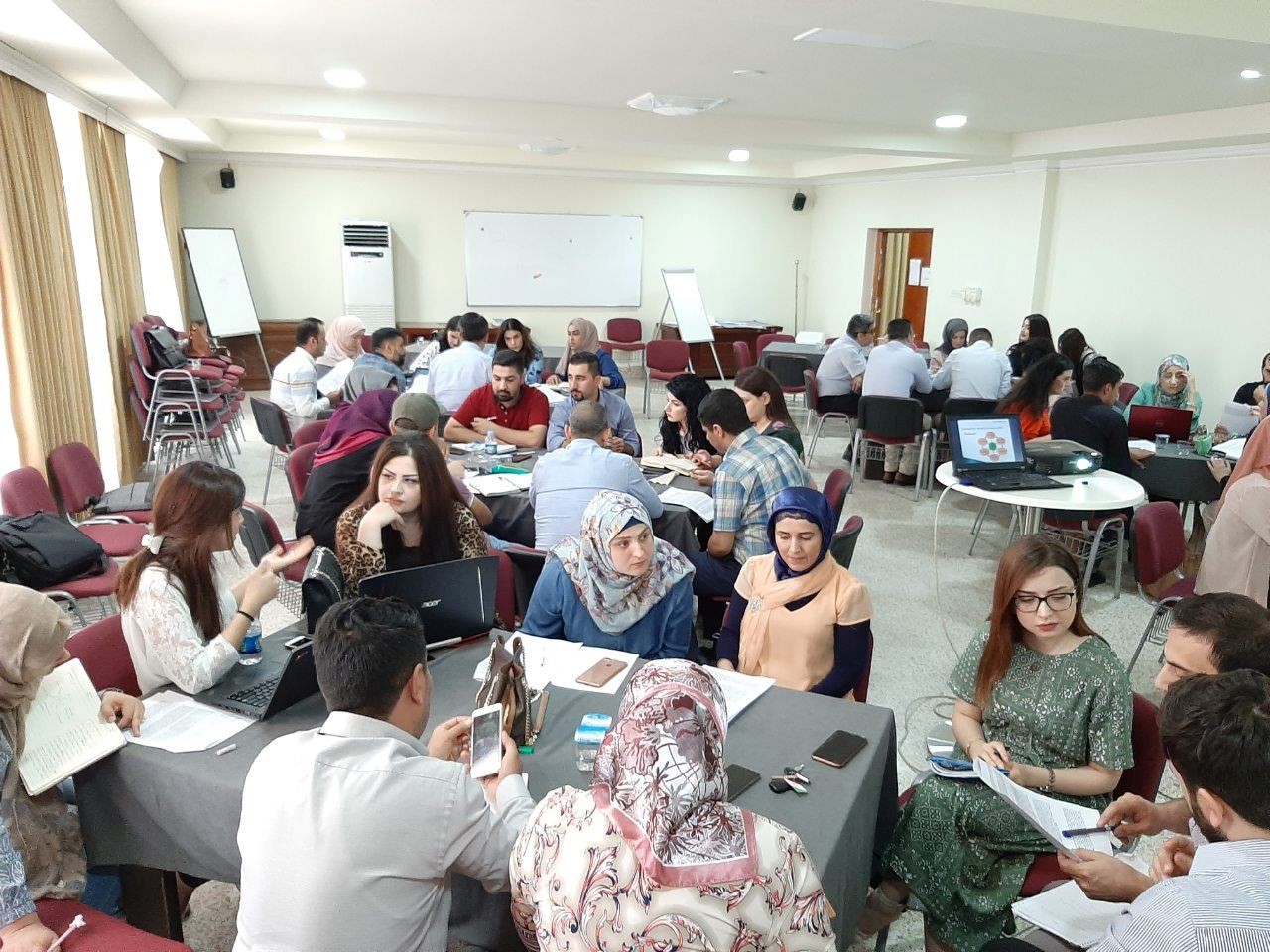
The new teacher education programme included modules on student-centered approach, innovative pedagogical methods and assessment tools, competence-based education, ICT in education, EduPreneurship (incl. university-business collaboration), and research and development. Originally, the implementation of the programme was given as a responsibility to four pedagogical centres located in different universities, and later several more centres were established to serve the high demand for the new teacher training. The approach in the teacher education programme was seen not only in the modern pedagogical methods and content used but in new kinds of learning environments that better support the student engagement and collaboration.

“Since April 2019, the word ‘pedagogy’ has become one of the most debated terms inside and beyond the academic community. Most of the academics, both old and young, are curious to know more about this entirely new concept. For many academics, it means a new beginning in our academic culture. At the University of Sulaimani’s Center, we have established a creative learning environment, where we train upcoming generations of academics in a new way and based on a new pedagogical curriculum. Resistance to any change is inevitable. We do face resistance and push backs on different levels. We have tried to see any resistances, however, as an opportunity to develop coping competence in ourselves. Often, as educators and trainers, we come together to reflect on this issue. Overall, the project’s meaning and its positive potential surpass all other aspects”. (Stam Kamil Saeed)
Developing pedagogical practices in higher education
To manage and achieve the encompassing pedagogical changes, the universities need to adapt agile and innovative ways of operating. Furthermore, it is essential for the universities to critically evaluate their own activities regarding the changes and acknowledge themselves as a fundamental part of the society in producing creative and innovative citizens for the labour market.
Alongside with the new teacher education programme, the professors implemented institutional development projects where they e.g. provided training to the existing teachers, their colleagues, at the universities in various areas of pedagogy or otherwise transformed existing practices.
“The experience allowed us to take a deeper look into our own teaching practices and be critical of our methods. Throughout our work in the newly opened centers in Erbil and more recently at Hawler Medical University, we tried to raise awareness of the importance of pedagogy. The vast array of educational strategies in use will increase clinical teaching skills and their consequences on the students’ ability to learn. They will also encourage people to become more open about discussing their roles among students, building teams with different “backgrounds and disciplines” and contribute to the process of teacher development in authentic situations. One significant outcome of this process is the newly gained ability to share personal experiences while exploring ways to strengthen teachers’ roles to become more dynamic as supportive educators.” (Tara Shallal)
Many projects emphasised the importance of the positive, joyful learning atmosphere with versatile and authentic assignments in which students are active participants of the learning process. They also promoted innovative teaching methods such as gamification and co-teaching and sufficient scaffolding which is central in student-centered approach. In addition, in the Kurdistan context a novel set of assessment tools was introduced. It is beneficial to promote student-centered methods to evaluate learning besides pen and paper exams, and to bear in mind peer- and self-evaluation.
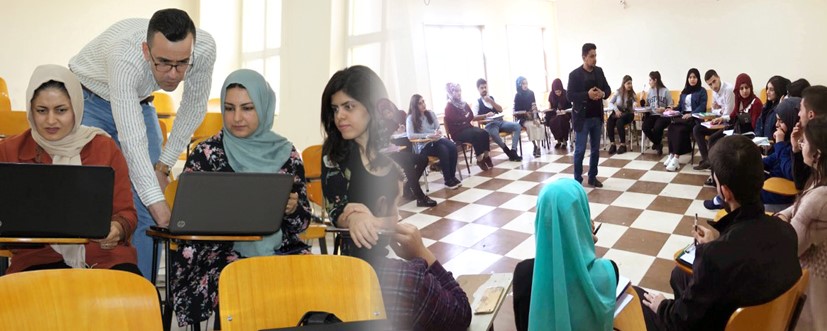
Applied research and research methods are paramount in educational reform in order to investigate the transformation as well as explore and disseminate the best practises. One group meritoriously described a comprehensive model for conducting research. The module covered all competences that are required in research; from the proposal to selecting a journal. Further, to improve research-based education it is important to engage professionals to investigate their own teaching and conduct research in the frame of teacher-researcher.
We are very happy to see all the pedagogical development that has taken place in Kurdistan and we are more than happy to continue our collaboration with new initiatives to contribute to the reform in higher education, and beyond.
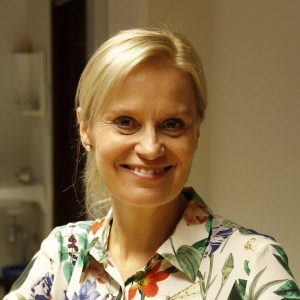
Kirsi Korkealehto
Senior Lecturer
Hamk Edu – Research Unit
Häme University of Applied Sciences
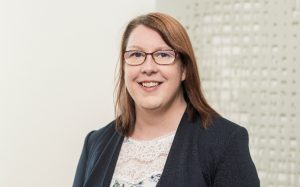
Marja Laurikainen
Education Development Specialist
Global Education
Häme University of Applied Sciences

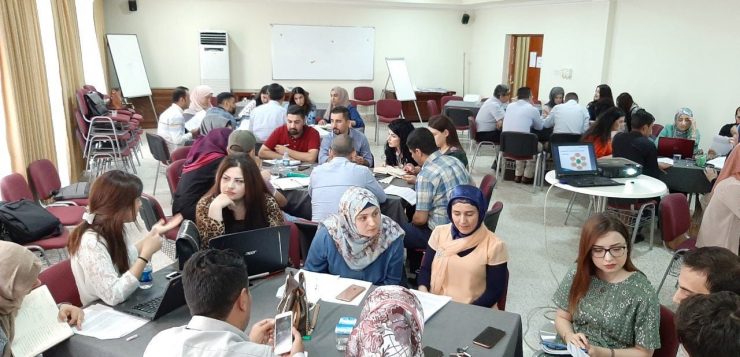
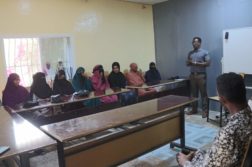

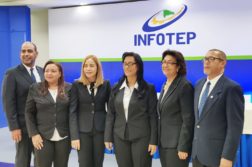
Discussion1 Comment
Thank you for providing such an informative and well-structured blog post. The information you shared was comprehensive, and I appreciated the attention to detail and the thoroughness of your explanations. To gain further knowledge, click here.